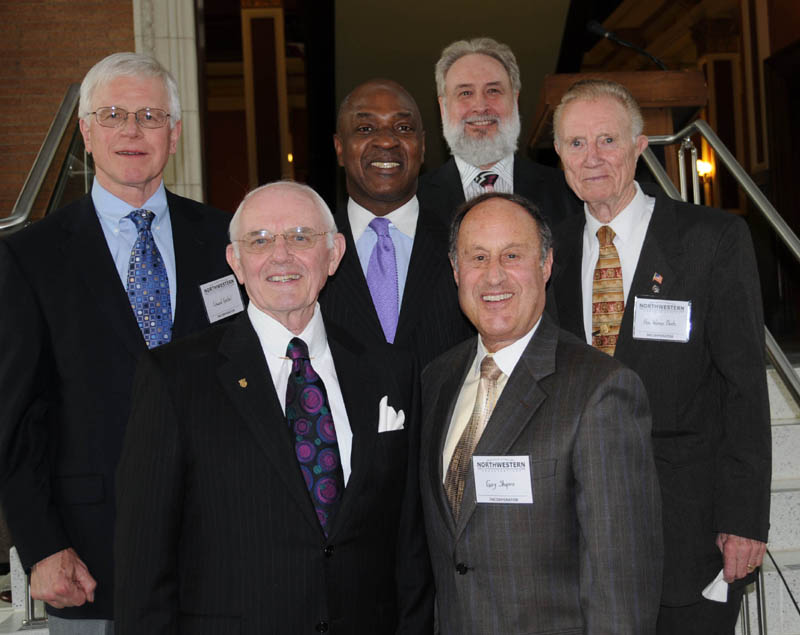About Northwestern Legal Services
Northwestern Legal Services (NWLS) is a private non-profit corporation dedicated to providing free legal representation to low-income people with civil legal problems. We provide service to eligible clients throughout ten counties in northwestern Pennsylvania. Client eligibility is based on the type of case involved and financial and asset as our eligibility guidelines are established by the federal and state governments.
We provide service in a wide range of matters including public benefits, family law, housing, health care, education, and employment.
Our Mission
Northwestern Legal Services assists low-income individuals and families by guiding them through the legal system using advocacy and education to obtain justice with the goal of improving their quality of life and strengthening our community.
In addition to the leadership of our Executive Director, our Board of Directors plays an active role in our program. All ten counties are represented by at least one attorney and one client member. Attorney members are appointed by their respective bar associations, and client members are appointed by a community organization in their area. An at-large member is appointed by the Board of Directors.

Our History
In the late 1960s, 38 attorneys in Erie County believed in the notion of equal justice under law. To make this notion a reality, they organized and incorporated the Erie County Legal Services Association, now known as Northwestern Legal Services. Access to justice was not only their dream but was, and still is, a reality.
In May 2019 we celebrated our 50th year anniversary of service. Ten years ago we developed this commemorative video which provides significant details on how we first began and where that has brought us today.
We recognize the following as the 38 original incorporators of Northwestern Legal Services
Charles D. Agresti
James E. Beveridge
Warren W. Bentz
John E. Britton
John E. Dwyer
Edward W. Goebel
Robert D. Hain
Frederick F. Jones
T. Warren Jones
Wallace Knox
James E. Marsh
Joseph F. MacKrell
Fred P. Anthony
Gabriel A. Bifulco, Jr.
Richard F. Brabender
James R. Dailey
Roger M. Fischer
M. Fletcher Gornall, Jr.
Herbert J. Johnson, Jr.
Stephen E. Jones
R. Gordon Kennedy
George Levin
Edwin McKean
Joseph T. Messina
Daniel L.R. Miller
Irving Olds Murphy
Conrad Pearson
John M. Quinn
Norman H. Stark
Joseph M. Walsh, Jr.
Charles K. Moffatt
J. Leonard Ostrow
Bernard F. Quinn
Peter Schaaf
Gary Shapira
Robert N. Spaeder
James F. Toohey
Vedder J. White
However, you will not be a client of Northwestern Legal Services unless we contact you and tell you that your case is accepted.

